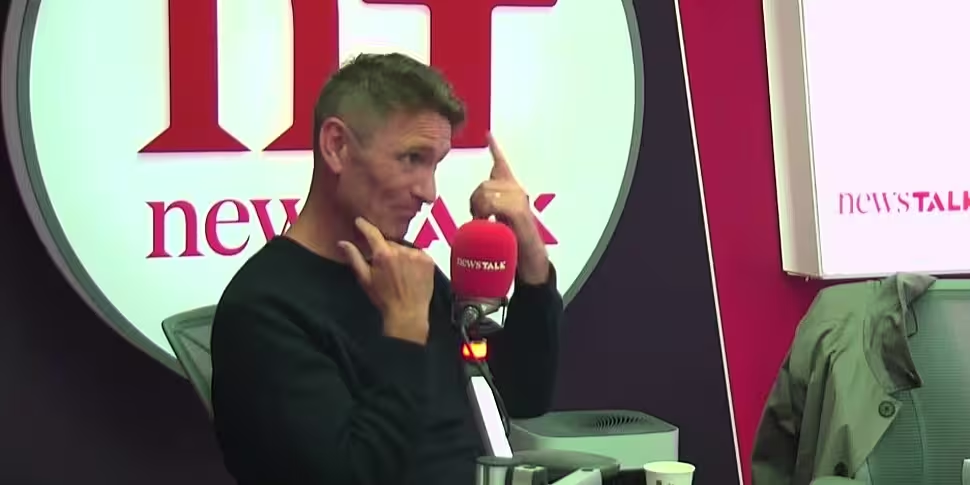When your child is diagnosed with autism, you might realise you see more of yourself in them than you thought.
Actor Brian Mulvey’s life changed when after learning about his six-year-old son’s autism three years ago, he sought out his own diagnosis.
"We got it done privately, we were fortunate that we were able to do that,” he told Lunchtime Live.
“Kit's not on the severe scale of things and it’s just finding our way through each day at a time how he can get through the world in a very neurotypical standardised world.”
Symptoms of autism
The most common features of autism Mr Mulvey and his wife, Jenny, identified in their son included stimming, hyper-fixations and feeling awkward in social situations.
He soon realised that many of these symptoms also applied to him.
“With the psychologist, you go through multiple choice questions, and I could feel Jenny looking at me like ‘That’s you, that’s you, that’s you’,” he said.
“It started all falling together – even Kit, as he gets older, I see myself in him.
“There’s a thing – I'm going to get all the abbreviations – it's bits you can control and bits you can’t control, and autistic people tend to hold on to the bits they can control.
“I don’t like to be taken out, I don't like surprises, weddings and stuff would have been very difficult for me.”
Realising he has autism was beneficial to his wife as well, who was better able to understand why her husband might not be as social or feel more particular about certain issues.
“Now that you understand what it is, it’s a lot easier to go them,” Mr Mulvey said.
'Comfortable in your own skin'
Mr Mulvey has not received the official autism diagnosis yet, but he already feels more “comfortable in his own skin”.
“What it means for me is I can just kind of relax,” he said.
“I don’t have to be performative - and I'm not saying you'd be a bit of a jerk or anything.
“But you’re allowed to be yourself and it’s a nice feeling.”
Mr Mulvey’s son now attends an occupational therapy camp that allows him to adjust better to the world around him.
In the UK, there was a 787% increase in the number of autism diagnoses between 1998 and 2018.
One in 36 children is believed to have autism spectrum disorder (ASD), while roughly 2% of adults are diagnosed later in life.
Listen back here:









